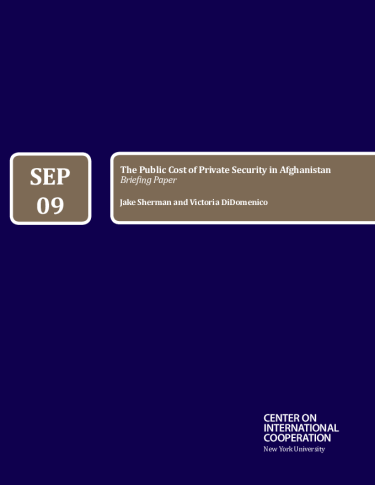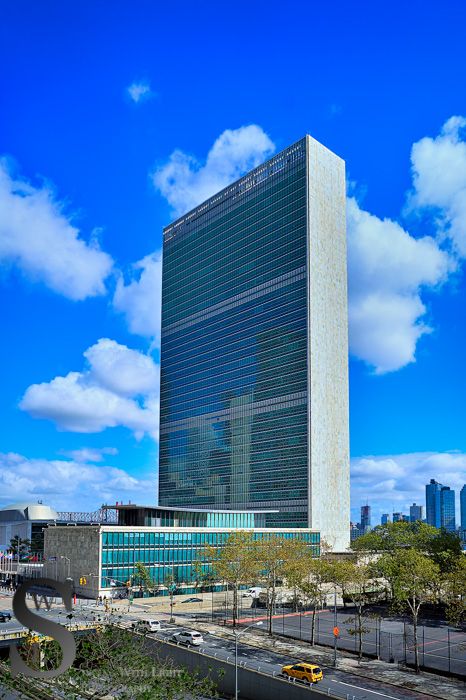The absence of effective oversight of the private security sector in Afghanistan undermines the credibility and safety of the Afghan government and the international stabilization effort. In September 2009, an investigation into ArmorGroup North America, the private security company (PSC) contracted by the US Department of State to protect the US embassy in Kabul, Afghanistan revealed misconduct and poor management that jeopardized the safety of embassy personnel. Their culturally offensive behavior, graphically documented, is likely to further damage Afghan perceptions of PSCs and could potentially erode the legitimacy of the United States and its allies.
The private security industry in Afghanistan has grown apace with demand. As of August 2009, the total number of private security personnel employed by the US Department of Defense – the largest employer of private security in the country – increased 19 percent (from 4,373 to 5,198) in response to the deployment of additional military forces.2 Since 2001, a range of private security providers (PSPs) has emerged, including international and national PSCs operating with or without the required Afghan licensing permits, as well as militias hired as “armed support groups” (ASG) by international military forces. Many PSPs are controlled by prominent Afghan families, including Hashmat and Ahmed Wali Karzai, brothers of President Hamid Karzai; Hamid Wardak, the son of Defense Minister Rahim Wardak; Gul Agha Shirzai, the governor of Nangarhar province; and Hajji Jan Mohammad Khan, the former governor of Uruzgan.
The use of unregistered PSCs and militia groups by the NATO International Security Assistance Force and US military contingents is widespread. Many of these PSPs serve as ready-made militias that compete with state authority and are frequently run by former military commanders responsible for human rights abuses or involved in the illegal narcotics and black market economies. Financing armed, alternative power structures fulfills security needs in the short-term at the cost of consolidating government authority in the long-term.
PSPs fulfill a need for which there is no clear, immediate alternative. There are too few Afghan National Police to provide protection for the staff, premises, and projects of the international community – and too little confidence in their ability among most internationals to entrust them with protection responsibilities. Better government regulation, monitoring, and enforcement by international consumers of private security will help ensure that private security works towards the stabilization of Afghanistan.
To date, regulation of PSCs in Afghanistan has been more reactive than proactive. The Ministry of Interior has issued operating licenses to 39 PSCs under an interim licensing procedure designed to limit the transformation of illegal armed groups into PSCs and to prevent their involvement in criminality. The interests of Afghan elites and the international community have proven an obstacle to strengthening and enforcing the existing national regulatory and legislative framework, though new regulations and audits by the US Government suggest that it may mandate more oversight of PSC contracts.
The goal should be a private security sector that is better regulated and controlled by the Afghan government and, critically, by the international community that constitute their primary source of contracts and revenue. Building a credible and accountable public security sector is a long-term process, however; one that will not address the immediate security needs of international and nation-al stakeholders in Afghanistan. Nor, in the longer term, will it completely replace the market for PSCs both by the local and international community.



